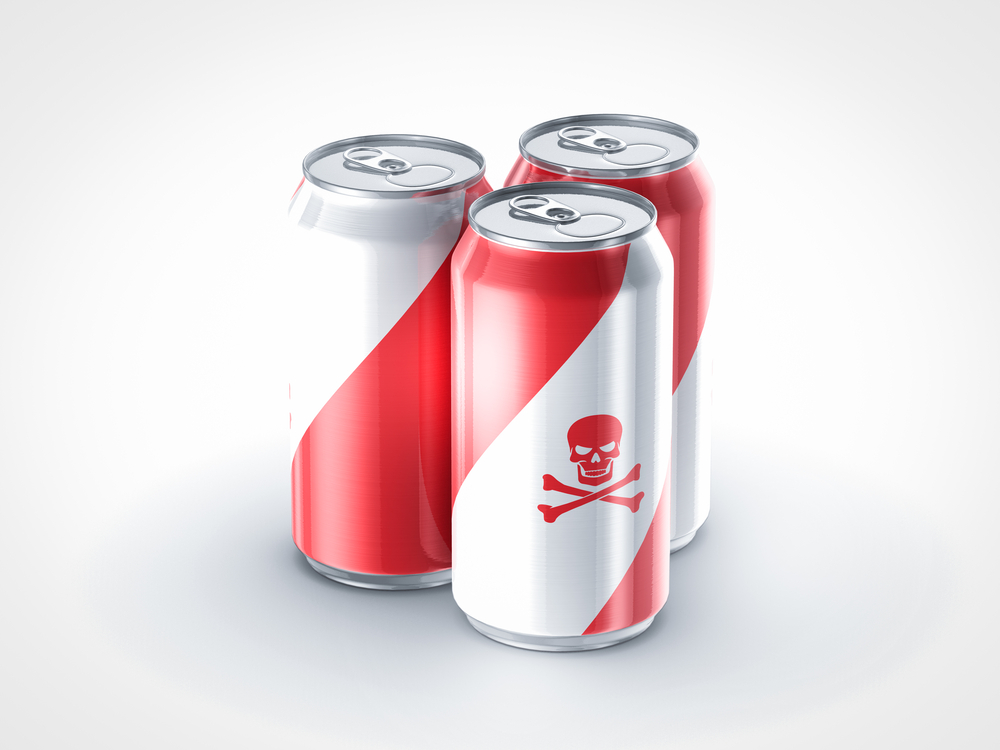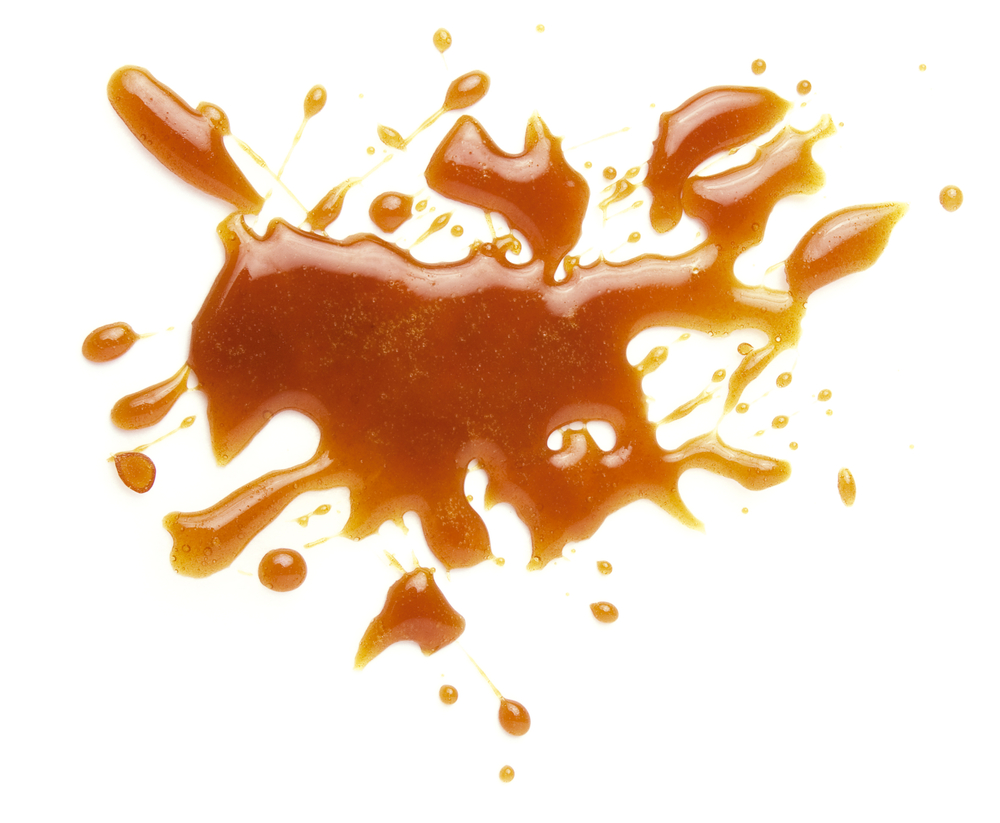10 Reasons Why You Should Give Up Soda

Companies like Pepsi and Coca-Cola spend billions of dollars to market their brand so much that soda has become an embedded staple of our normal diets. In fact, according to Gizmodo, the average American drinks 45 gallons of soda per year! Even as you attempt to kick your soda habit, society makes it extremely challenging by placing it directly in your face. Soda is pushed on you at areas such as grocery store checkout stands, restaurants, gas stations, and vending machines throughout the workplace and schools.
Originally, Coca-Cola was designed to be a special treat, not an everyday beverage, and was absent of the GMOs and other toxins used in today’s version of soda.
If you are committed to becoming the best, healthiest version of you, soda should be reserved for special occasions – if at all. Here are 10 reasons why kicking soda may be the key to a healthier lifestyle:
Soda Likely Either Contains Aspartame or High Fructose Corn Syrup.
Most full-calorie sodas contain high fructose corn syrup. Even if you drink diet soda, your beverage has some sort of artificial sweetener. Both ingredients are artificial and are likely to contain chemicals and substances unnatural, which in most cases means they are not good for you.
Most Soda Contains Caffeine.
Caffeine is a main component of soda and typically the main reasoning we give for drinking them. While small amounts of caffeine can give you a quick boost, for most individuals, it leaves the body within 3-4 hours and can cause a crash of our body. Caffeine also has many side effects such as restlessness, headaches, and anxiety all of which can result in poor sleeping habits.

Soda Destroys your Teeth.
If you choose not to believe your mom or your dentist, soda is terrible for your teeth. Drinking sodas containing high sugar amounts turns into acid inside of your mouth by pairing with natural bacteria. “I drink diet soda” you say, well sugar-free sodas contain their own type of acid still resulting in tooth decay. If you absolutely need a soda fix for the day, use a straw to keep the acid from attacking your teeth.
Limited Hydration
Soft drinks almost always contain either or both caffeine and sugar, which work as a diuretic. A diuretic increases the rate of urine production – meaning it removes water from your body. Being dehydrated can cause fatigue and result in lack of production at work, school, and in the gym. While a soda may quench your thirst at the moment, your body does not receive proper hydration to perform at its highest level. Simply drinking water can give you the boost you need.
The Environment
Products used to store soda such as aluminum cans, glass bottles, and plastic bottles can cause a serious toll on our environment. Even if they are re-used, they consume fuel and other resources needed for the recycling process. The mining of aluminum results in extreme environmental devastation and can only be partially recycled.
Weight Gain
Many of us feel that by drinking diet sodas, we are being health conscious and doing the right thing. According to the health community, one of the main causes of obesity is consumption of soda, that’s right all sodas! Sodas are extremely high in calories and serve no nutritional value. These beverages have also been linked to riding our bodies of several nutrients like calcium, magnesium, and vitamin A, all of which are key for healthy weight loss. A main reason soda can result in weight gain are those “tasty” artificial sweeteners. These sweeteners not only can deplete us of our taste buds, but send signals to our brain telling us we crave more food.

Consuming Soda is Highly Addictive
With every pop of a top of a soda, dopamine (neurotransmitter responsible for pleasure) is released and sent to the brain. Our brains then search for any and every activity that releases dopamine to achieve that form of pleasure again. This is the same way individuals can become addicted to other drugs and over time soda can be equally as addictive.
Contains High Quantities of Caramel Coloring
The FDA and other researchers have begun to dig deeper into the effects of caramel coloring used in many foods and beverages, especially soda. Research has shown that caramel coloring contains the chemical 4-methylimidazole, which in a 2007 study by the federal government, caused cancer in mice. This has caused other agencies to look into the possibility that sodas having high quantities of this chemical could be a cancer inducing product.

Save Money
Typical cost for a soda in vending machines is $1.25 per bottle and $.75 per can. By simply drinking one per day, that could cost you between $250- $450 a year! Imagine if you were to invest that money in workout equipment, in a college fund, or 401(k).
Health Reasons
- May lead to diabetes – Soda consumption hinders the body’s ability to process sugar and has negative effects on your pancreas’s insulin production. These along with weight gain can ultimately result in developing Type-2 Diabetes.
- Increase risk of heart attack – Daily soda consumption can increase your chance of suffering from a heart attack.
- Increase in blood pressure – Studies suggest that there is a correlation between soda consumption and higher blood pressure.
- May lead to heart disease – According to a study published by the American Heart Association, “Drinking as little as one can of soda a day — regular or diet — is associated with a 48% increased risk of metabolic syndrome, a key predecessor of heart disease and diabetes.”
- May lead to many other health issues – Increased soda consumption can have a direct link to osteoporosis, serious heartburn, liver problems, and increased risk of kidney stones.
Think about it– when you drink a soda you are essentially drinking 10-20 teaspoons of sugar…let that sink in for a moment. Not to mention the essential vitamins and minerals you are depriving yourself of. Instead, opt for water, tea, even 100% juice. Although you may find giving up soda inconceivable now, your body will thank you later.





